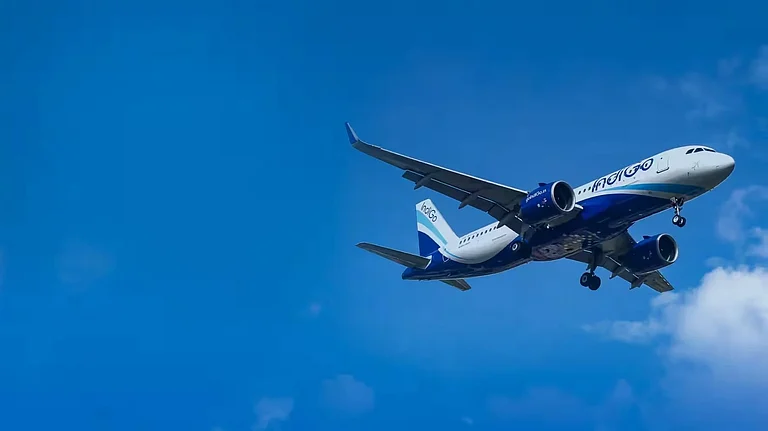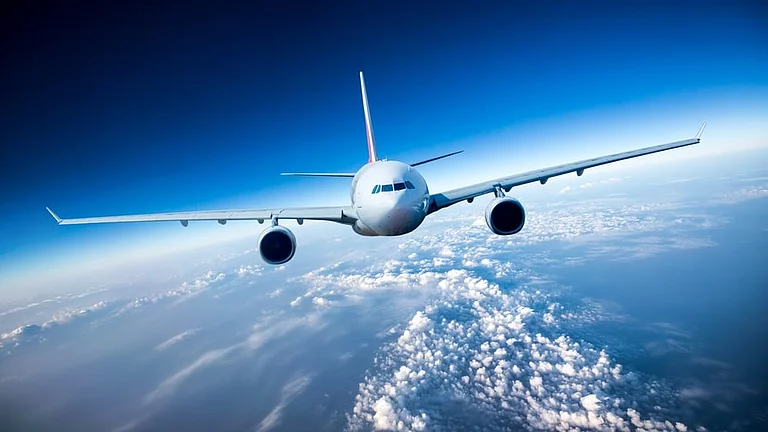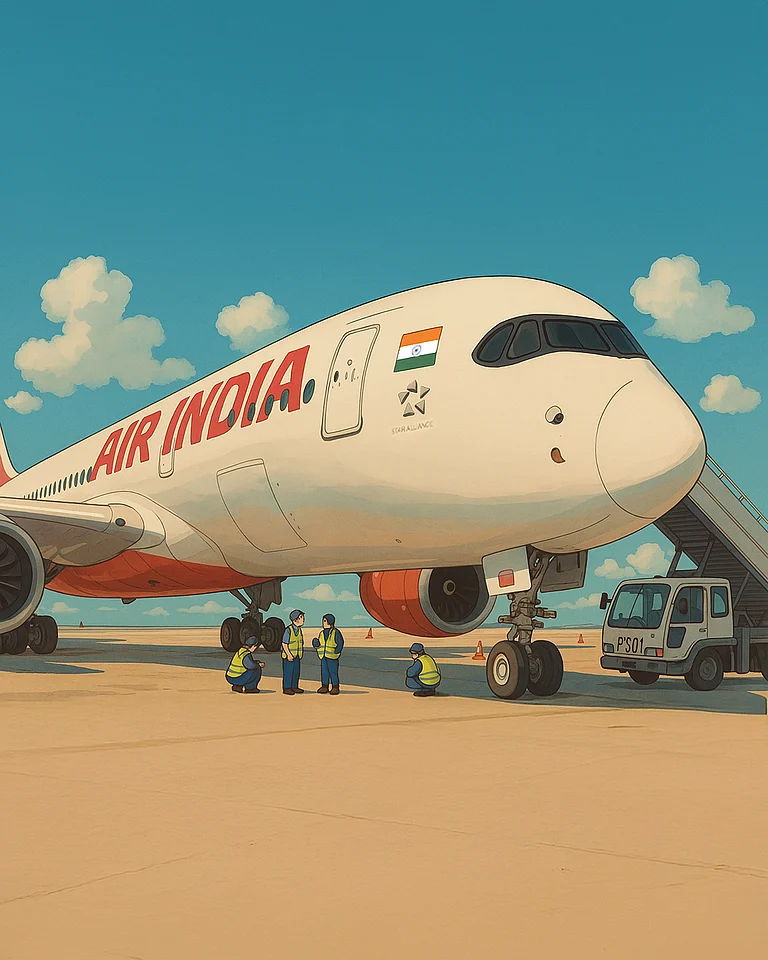Akasa Air has set a target of adding over 226 aircraft by 2032, up from its present fleet size of 30 planes, with an annual capacity addition of 25-30%. India’s youngest air carrier has projected to increase available seat kilometers, a measure of passenger carrying capacity, by more than 30% in the present financial year, the Economic Times reported. This comes around a time when delayed deliveries of aircraft by manufacturers like Boeing and Airbus have slowed the expansion plan of Indian airlines, including Akasa Air.
The late investor Rakesh Jhunjhunwala’s family-backed airline expects to add 5 aircraft to its current fleet of 30 this financial year. Additionally, to support the fleet, the 2021-founded low-cost airline has reportedly planned to have 770-775 pilots by year-end.
Commenting on the widening losses, Akasa Air’s Chief Financial Officer (CFO) Ankur Goel reportedly said with an increase in capacity, he is hopeful that the airline will become operationally profitable. Despite improved unit-level cost and revenue, the country’s newest airline reported an increase in losses from Rs1,670 crore in FY24 to Rs1,900 crore in FY25.
“Indian airline’s fleet addition is currently growing at a pace of 6% on year while demand is growing by around 15% on year, leaving behind a demand-supply mismatch,” said Goel, according to ET. “As the airline grows in size, its growth in unit margin will outpace the cost growth, making it profitable,” he added.
While the airline has an optimistic stance on receiving deliveries that helps to meet its 2032 target, the delayed supply of Boeing 737 Maxs has made the company’s expansion plan take a back seat. The airline had ordered a total of 226 Boeing 737 Max family aircraft with projected deliveries by 2032. Earlier Reuters reported that despite “continuous discussions with Boeing”, the talks didn’t result in any significant outcome.
“Boeing bloody...retarding our speed,” Akasa Air’s co-founder, Aditya Ghosh, said earlier, according to Reuters.
Apart from Akasa Air, delayed deliveries by the American and the European aircraft makers have mounted troubles for carriers like Air India, SpiceJet and IndiGo. The delays are mainly driven by global supply chain disruption and regulatory scrutiny by the US Federal Aviation Administration (FAA) of Boeing aircraft.

































